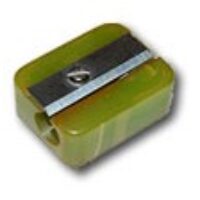In 1840 Sir Rowland Hill introduced postage stamps to the world, giving us an effective postal system, and a fascinating collecting hobby. The Penny Black, of course, had to be licked to affix it to letter – it was a stamp, wasn’t it? That’s how a stamp should behave!

Well, not any more. These days we see a growing incursion of self-adhesive stamps; in other words, stamps that are in essence peel-off stickers.
These were introduced in Sierra Leone in 1964, apparently to solve problems of sheets sticking together in the tropical climate there. That, at least, is a good reason. But now we see a growing number of countries playing with the new stamps-that-are-not really-stamps…
So is that a problem? Well, there are bigger problems, but note that these stamps waste twice the paper, since their backing has to be discarded, and besides, the lick-and-stick operation was somehow an integral part of letter mailing (not that anyone writes letters these days either, unless they’re bills, it would seem). Also, stamp collectors are pretty unhappy – these stamps can’t be removed by soaking the envelope in water, and the adhesive can cause deterioration in the stamps over time.
I read somewhere that the US postal service refuses to see the collectors’ complaint as an issue, since long term collectability of stamps is not part of their product specification. Now, isn’t that heartless? Isn’t the whole purpose of stamps to enable this lovely obsession that has given pleasure to tens of millions of people, young and old, for well over a century?

November 4, 2008 — 8:18 am
Address labels have gone the peel and stick route, too. Even Walter Drake has stopped making the old-fashioned lick labels. I don’t like peel labels for a number of reasons, not the least of which is having to throw away that damn wax paper. It’s not economical and it’s not ecological.
Right now, the only things you can get as a wet and stick are some forms of wine labels, and a recycled-envelope mailing label. The idea that lick labels and stamps are more environmentally conscious may take off and create a demand in the future, but I think it might be some time before this happens.